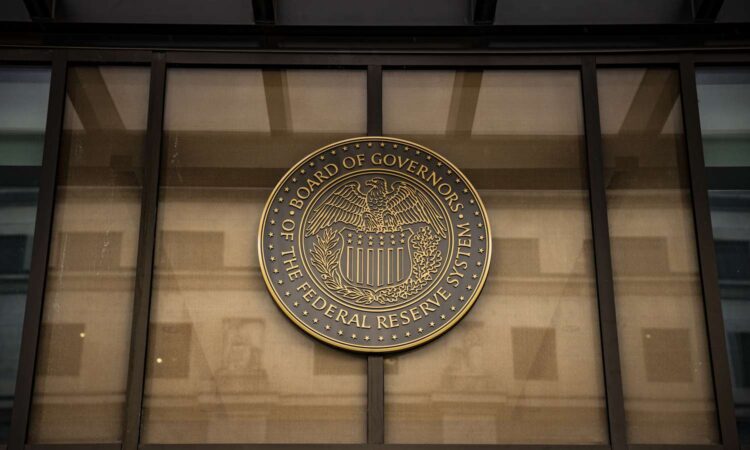
Rea Sea Shipping Attacks Not Expected to Slow Cargo Traffic, NRF Report Says
1 hr 20 min ago
Oxford: Housing Prices Push Household Wealth Higher, Consumers Likely to Keep Spending
2 hr 30 min ago
CEOs Are Feeling More Upbeat About the Economy
4 hr 6 min ago
Consumer Price Index Revisions Confirm Disinflation Trend
8 hr 22 min ago
add a comment






